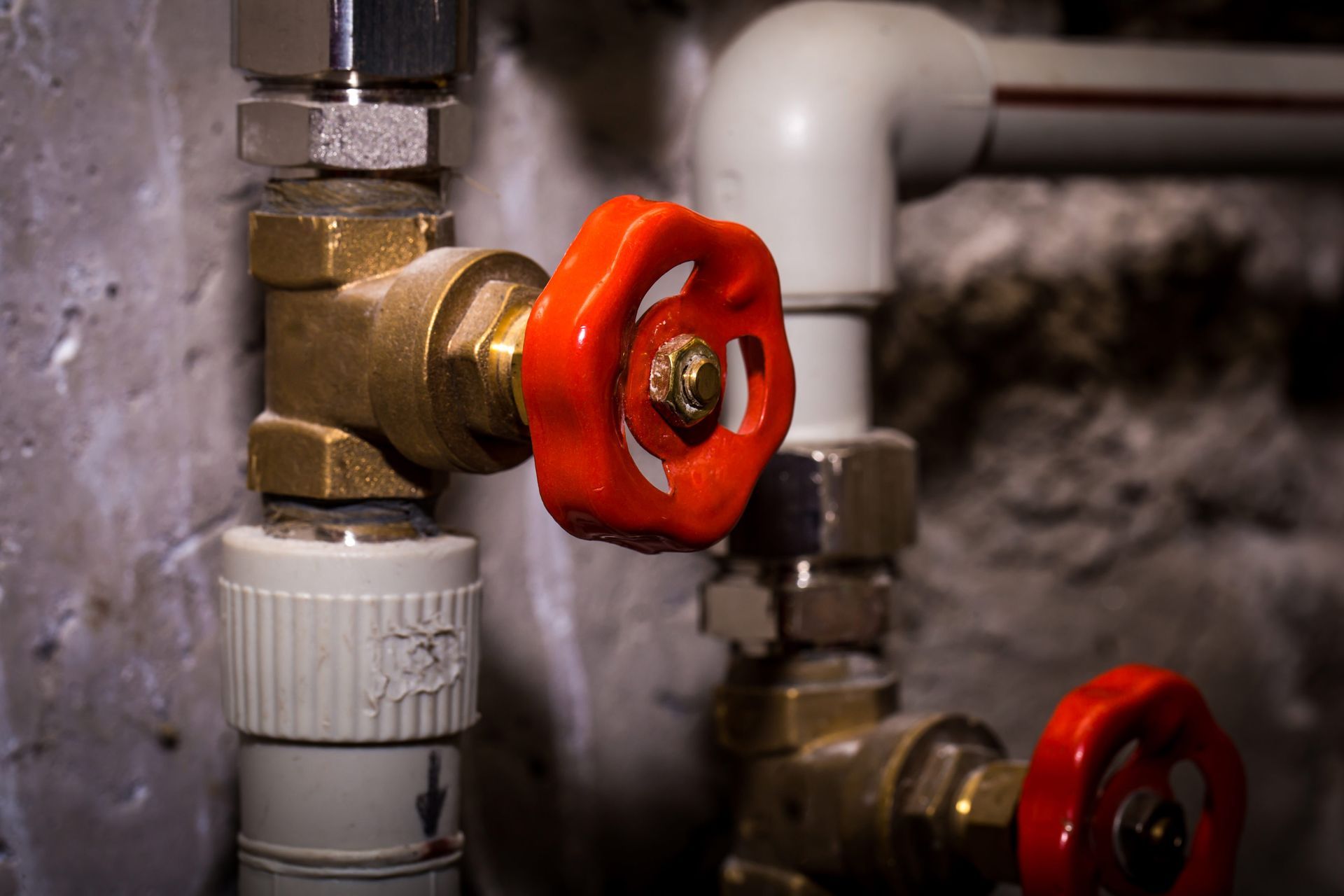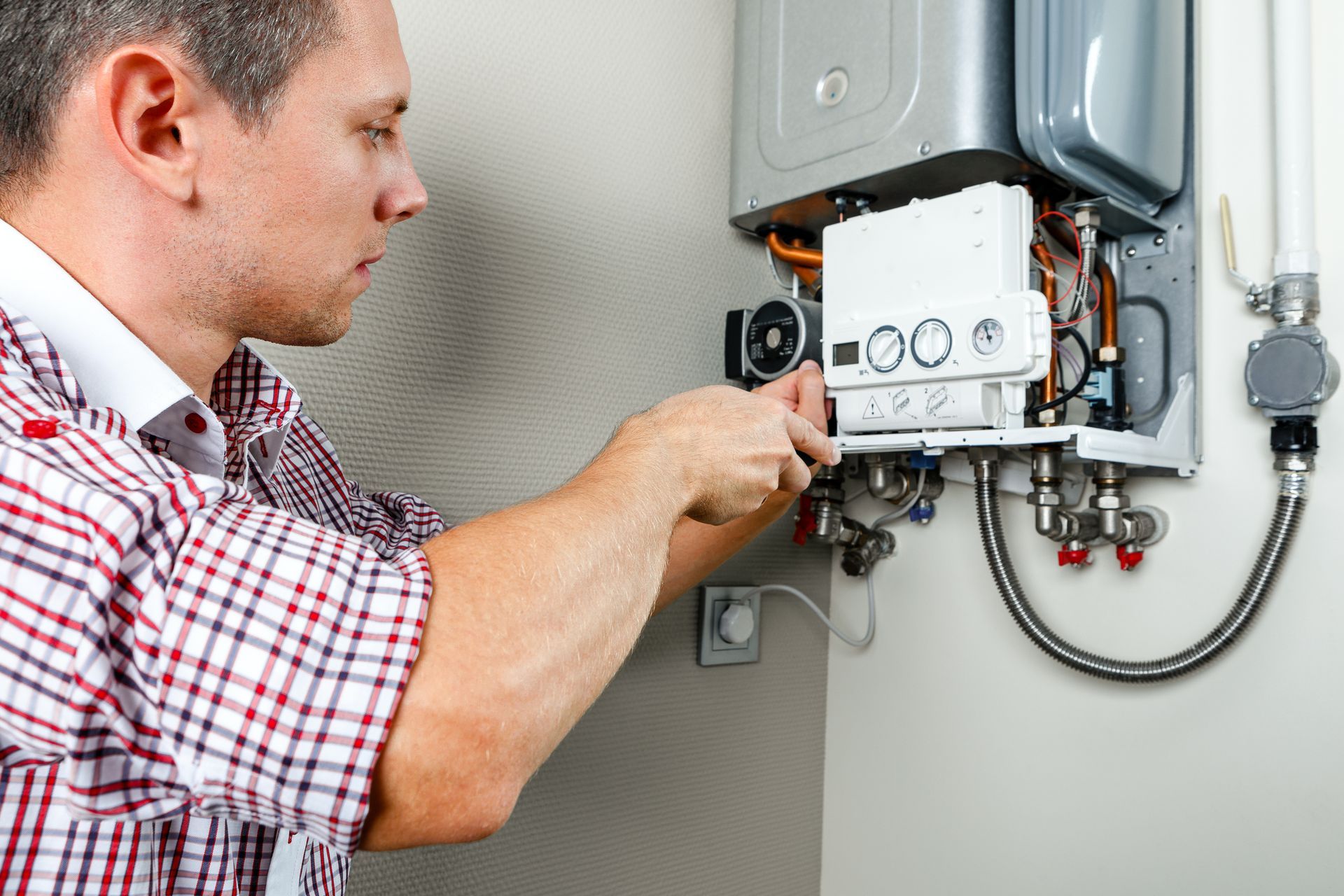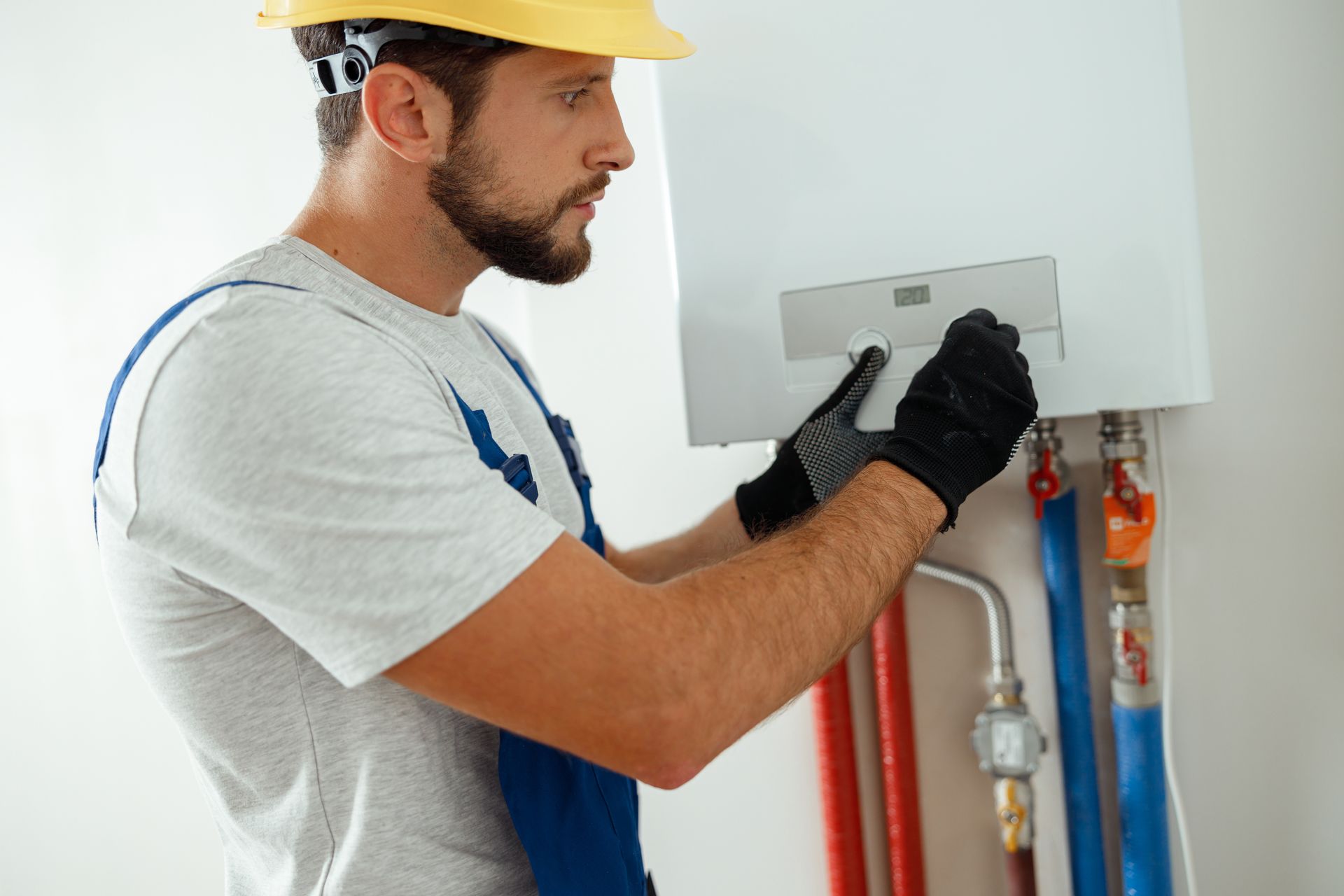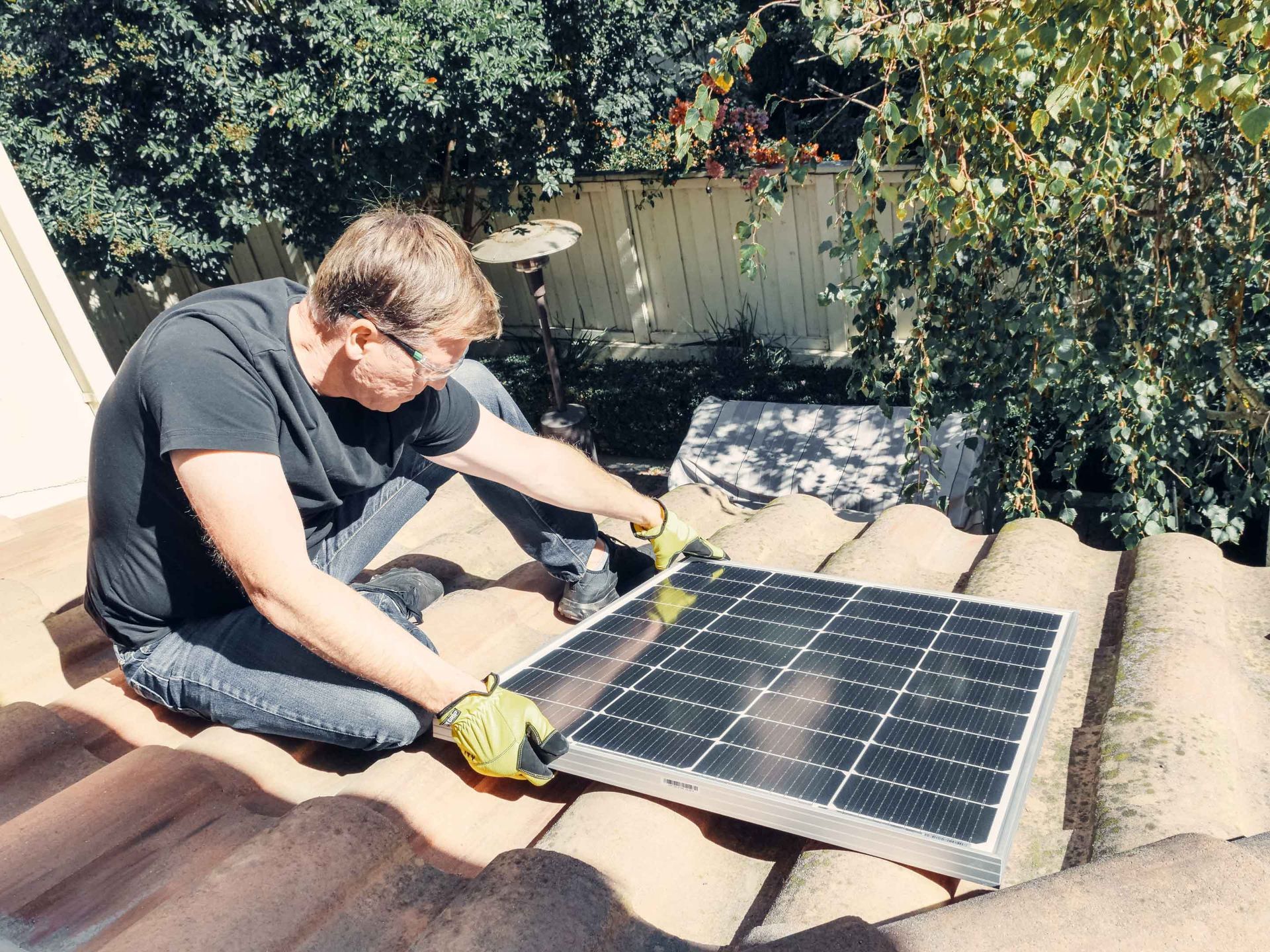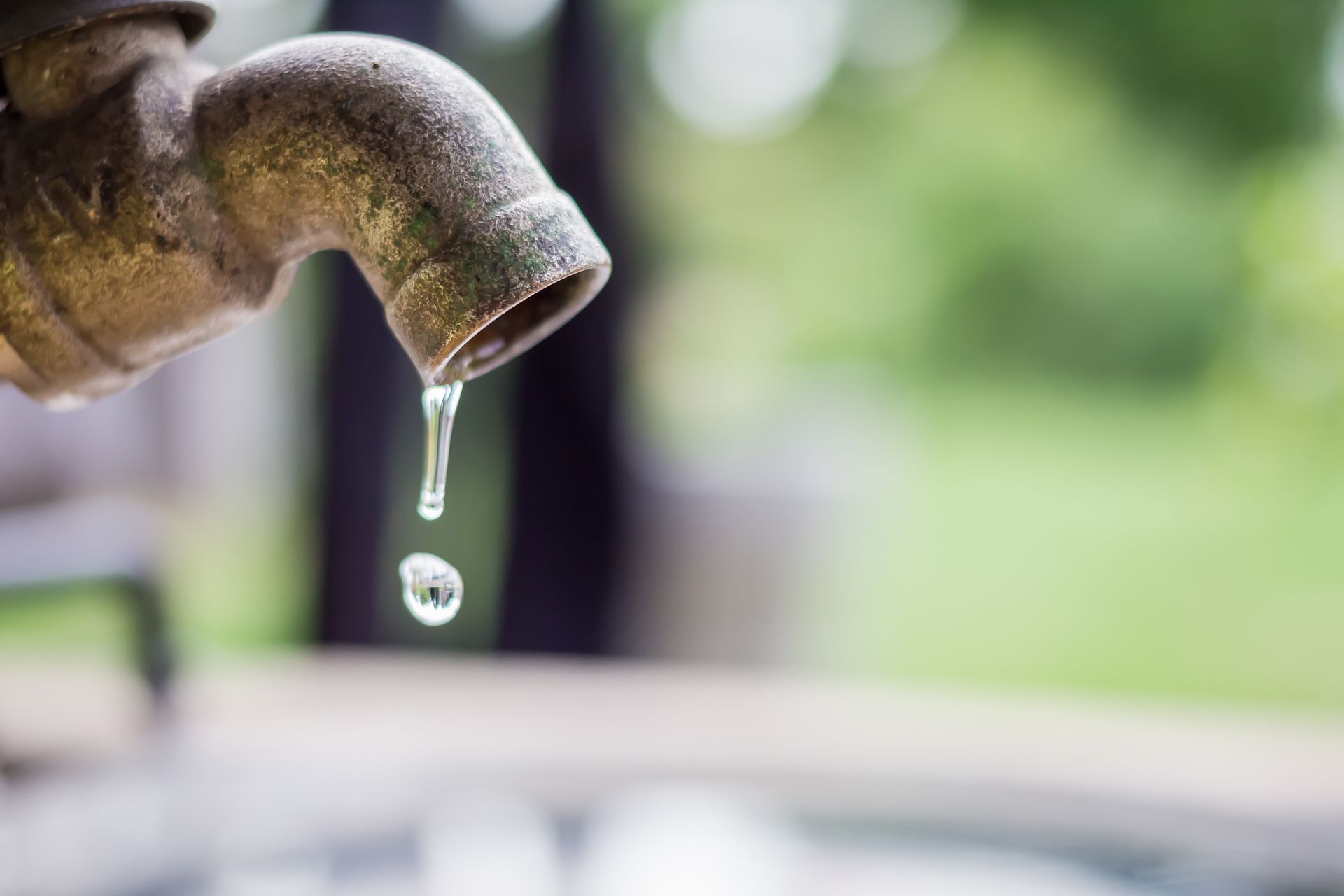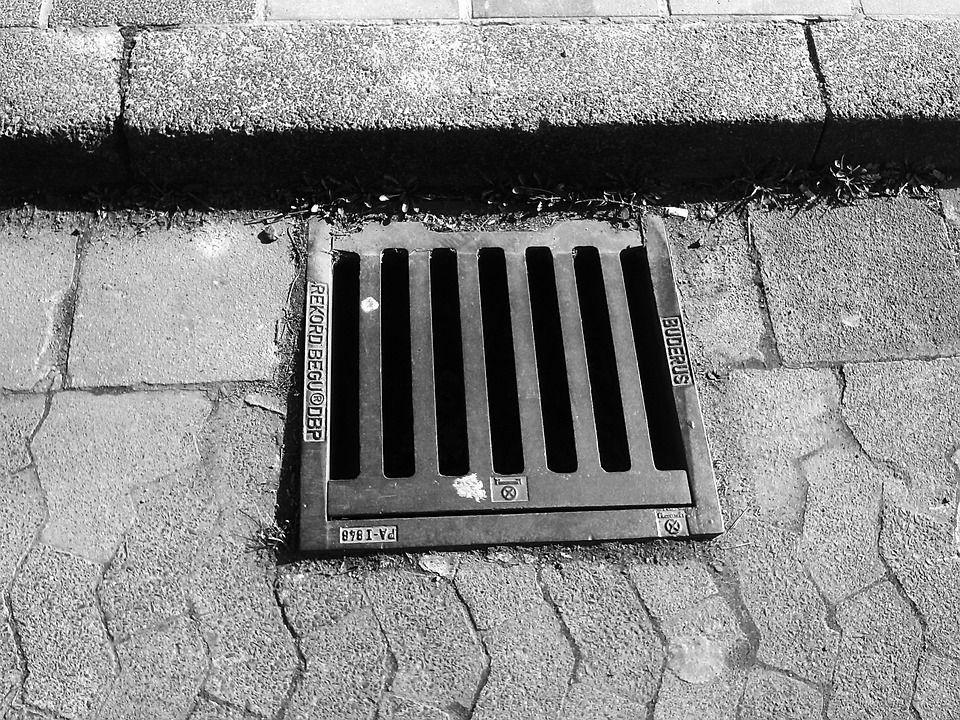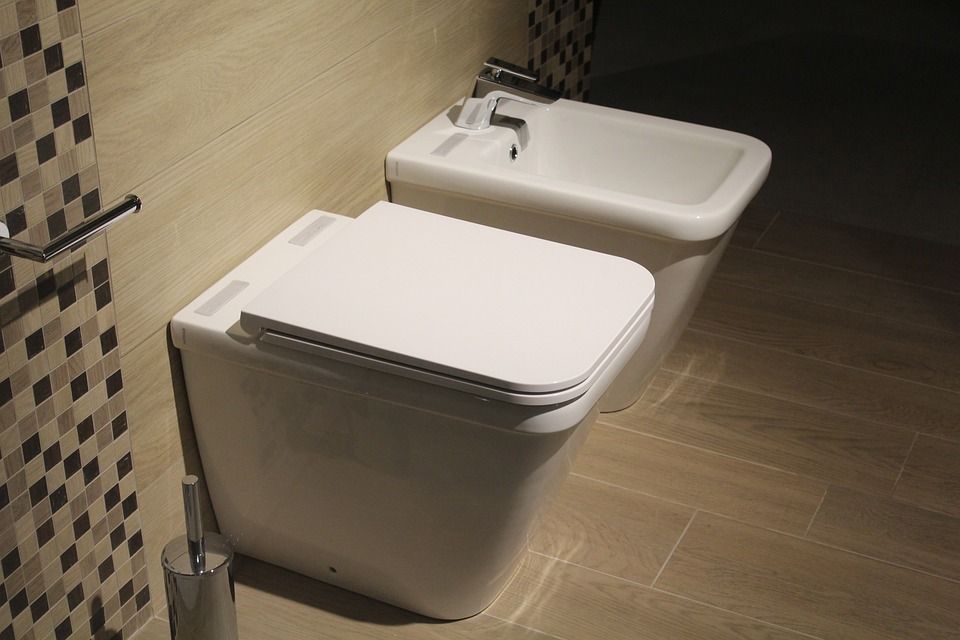Is Your Hot Water System Leaking? Here's What You Need to Know
Cold mornings are made just a bit less miserable when you have a hot shower thanks to your reliable hot water heater. But if you have a hot water system leak that is left unnoticed or untreated, hot showers won't be the only thing waiting for you. Costly repairs might, too.
A hot water system leaking can be a massive, expensive headache due to the damage it can potentially cause to your walls, floors, and even furniture. What’s more, it can even lead to the growth of mould, which could pose a serious health risk to you and your family. That is why it is highly recommended to reach out to a hot water system plumber for help as soon as you suspect a leak in your system.
If you find your hot water system leaking and are wondering what caused it to be that way, this blog post can provide you with the answers you're looking for. Read on to find out the reasons why your system is leaking, what warning signs to look for to know it's about to fail, and how to repair a leaking hot water system.
How does a hot water system work?
First, it's important to understand how a hot water system actually works in order to identify any potential faults. Hot water systems consist of pipes and tanks, and these are connected to a heat source such as electricity or gas. The heat from the source is transferred through the pipes, which warms up the water in the tank. This is then directed to your faucets and showers so you can enjoy a hot shower or bath.
In Australia, the most popular types of hot water systems are electric, gas and solar. Each of these works slightly differently, but the basic principle is the same. For instance, a solar hot water system uses the sun's energy to heat water, whereas an electric hot water heater uses electricity to heat the same water.
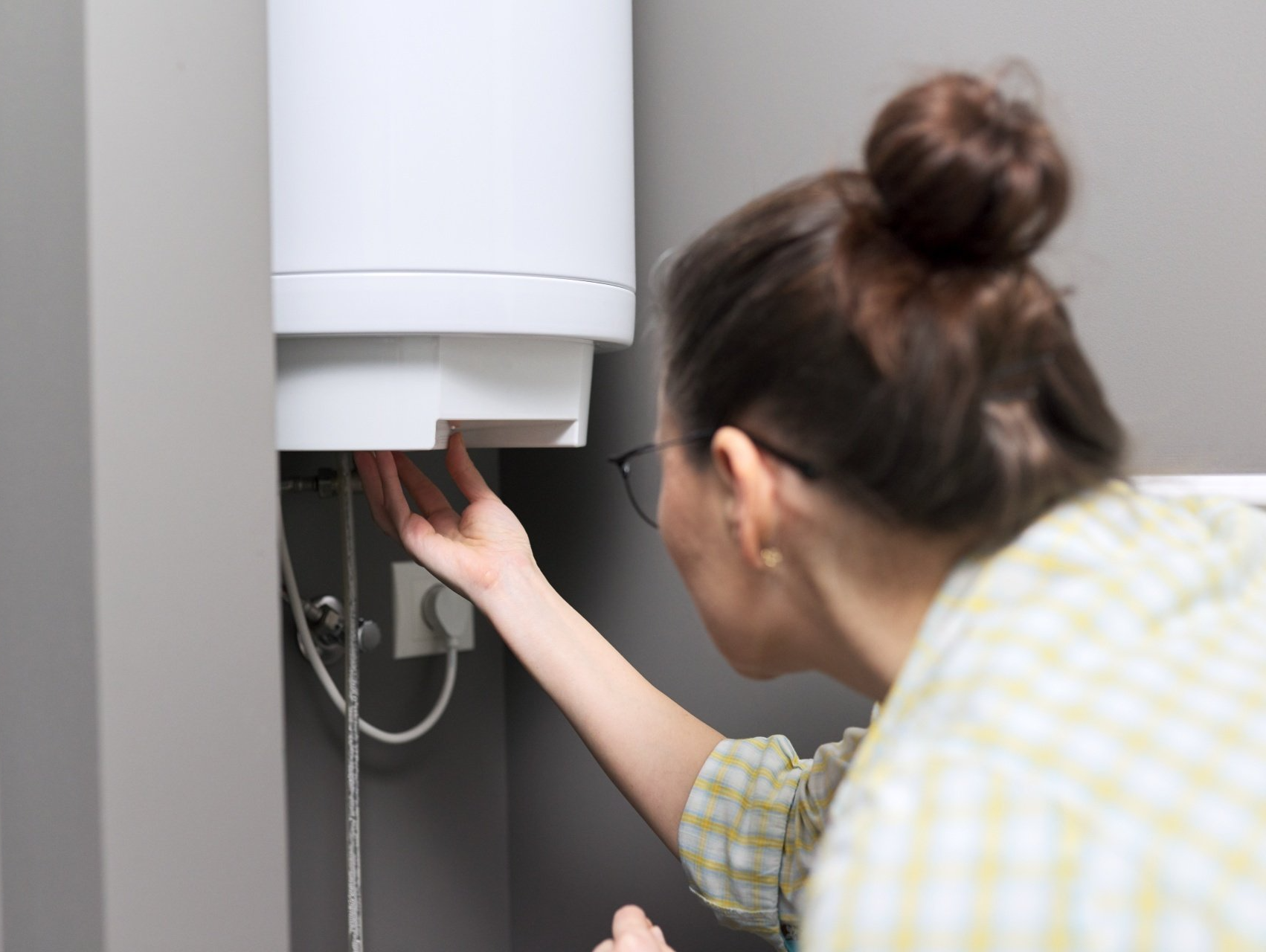
Now that you know how a hot water system works, it's time to find out why it might be leaking.
Why is my hot water system leaking?
If you find your hot water system leaking, there are a variety of reasons why it can occur. Let's have a look at the most common ones:
Corrosion
Over time, the pipes and tanks can corrode due to age, causing them to become brittle and eventually leak. A leaking hot water tank is sometimes due to corrosion.
Anode rod deterioration
The anode rod inside the tank helps prevent corrosion. If it deteriorates, it can lead to leaks because the water will leak through the space where the anode rod was previously located.
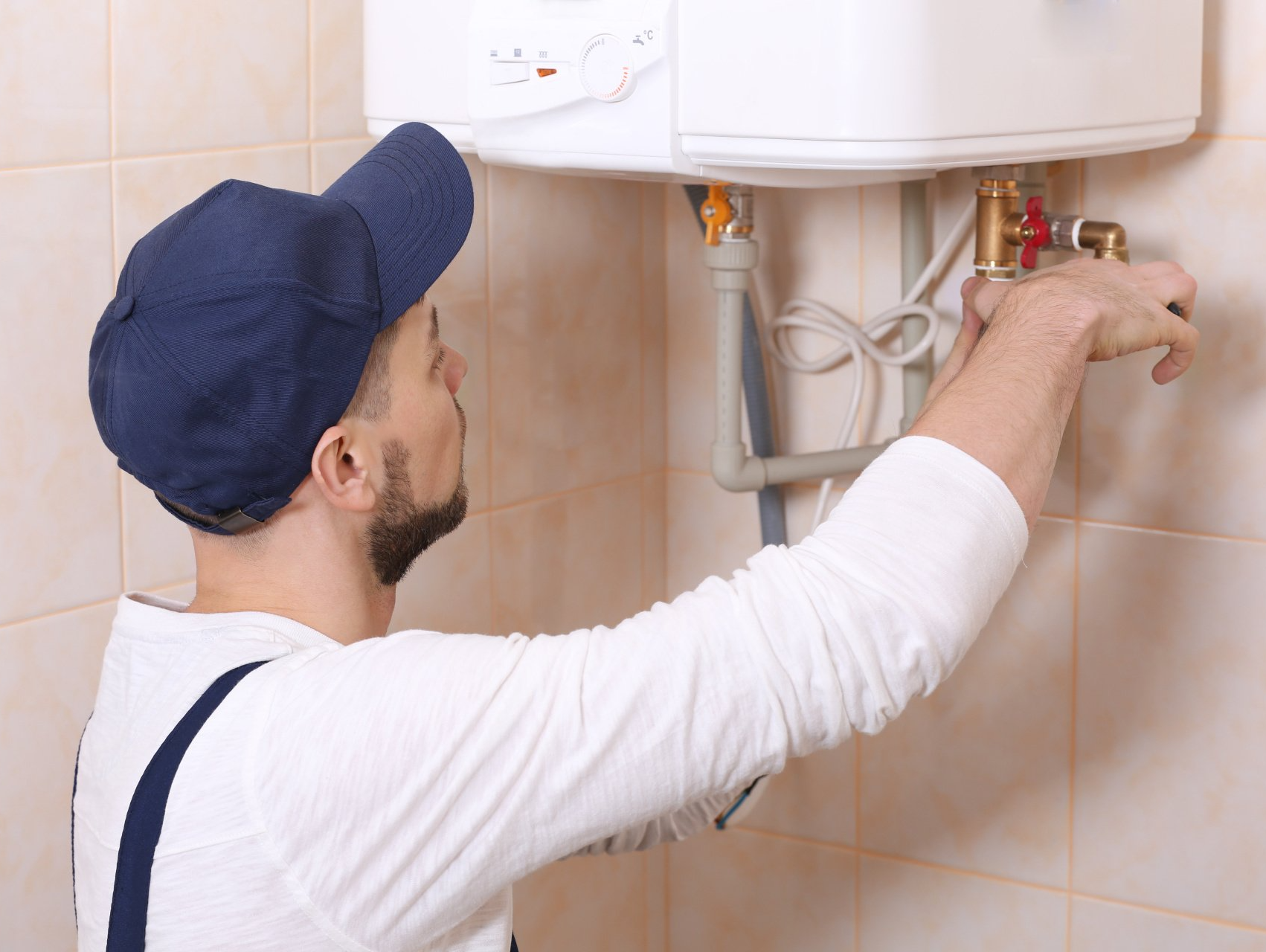
Poor installation
If the hot water system wasn't installed correctly, it can cause leaks due to incorrect fittings and connections. That's why it's important to hire a professional plumber who knows what they're doing.
Inlet and outlet connections
Over time, inlet and outlet connections, such as a cold water inlet valve and hot water outlet valve, can become loose or damaged, causing water to seep out. There's also a chance that the seals may have worn out.
Temperature fluctuations
Rapid temperature changes can cause the pipes to expand and contract, leading to cracks or leaks.
Too much pressure
Water heaters deal with naturally occurring water pressure. But if the water temperature is set too high, it can cause the pressure to shoot up to unsafe levels and overwhelm the pressure relief valve, resulting in water leaks.
Sediment collection
Sediment can collect at the bottom of the hot water tank. When there's too much build-up, it can cause cracks that serve as the source of leaks.
Signs your entire system is going to fail
Now that you know the causes of a leaking hot water system, let's take a look at some of the signs that your system is about to fail:
- You're noticing a decrease in water pressure or an increase in the amount of time it takes to get hot water. If you've noticed either of these, it's likely that your hot water system is clogged with sediment and needs to be cleaned out by a professional.
- Your hot water has developed a strange taste or odour. If you're noticing a metallic taste or smell, it's likely that there is corrosion occurring in your hot water system and the tank needs to be replaced.
- You're noticing an increase in your water bills despite not using more water than usual. This is usually indicative of a leak somewhere in the system which needs to be inspected and repaired.
- You're hearing strange noises coming from the hot water system when it is running. If you hear gurgling, banging, or thumping sounds coming from your hot water heater, there is likely some sort of mechanical problem that needs to be addressed by a professional plumber.
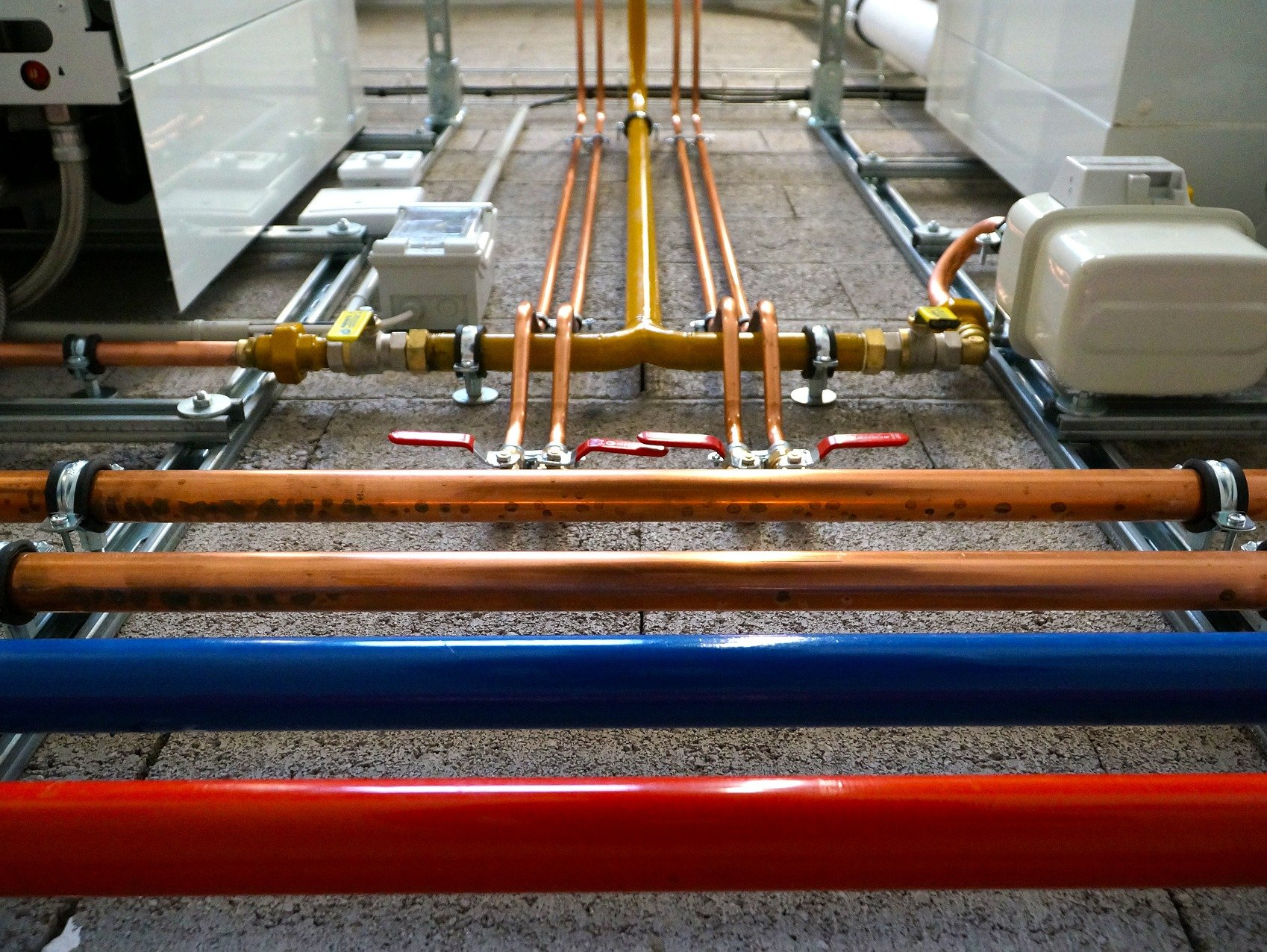
Don't wait to take action — if you're experiencing any of these signs, it's important to call a professional plumber as soon as possible before the issue reaches the point of needing expensive repairs. A professional plumber can inspect your hot water system, identify the problem, and provide you with an effective solution that will keep your home's hot water supply safe.
Can you fix a leaking hot water system?
Yes, a leaking hot water system can be repaired. As for whether you need a professional plumber or can do it yourself, that depends on the extent of the damage and your own ability to undertake plumbing repairs.
If you want to try your hand at repairing your own system, here are a few steps you can take.
Find the source of the leak
Identify the source of the leak. Inspect your hot water system from top to bottom and try to locate the source of the leak. If you are not sure where it’s coming from, a local plumber can help you out.
Turn off the water supply
Shut off the main water supply valve that supplies water to your hot water system. This will prevent any further damage or flooding caused by leaking water while you try to fix the problem or while waiting for the plumber.
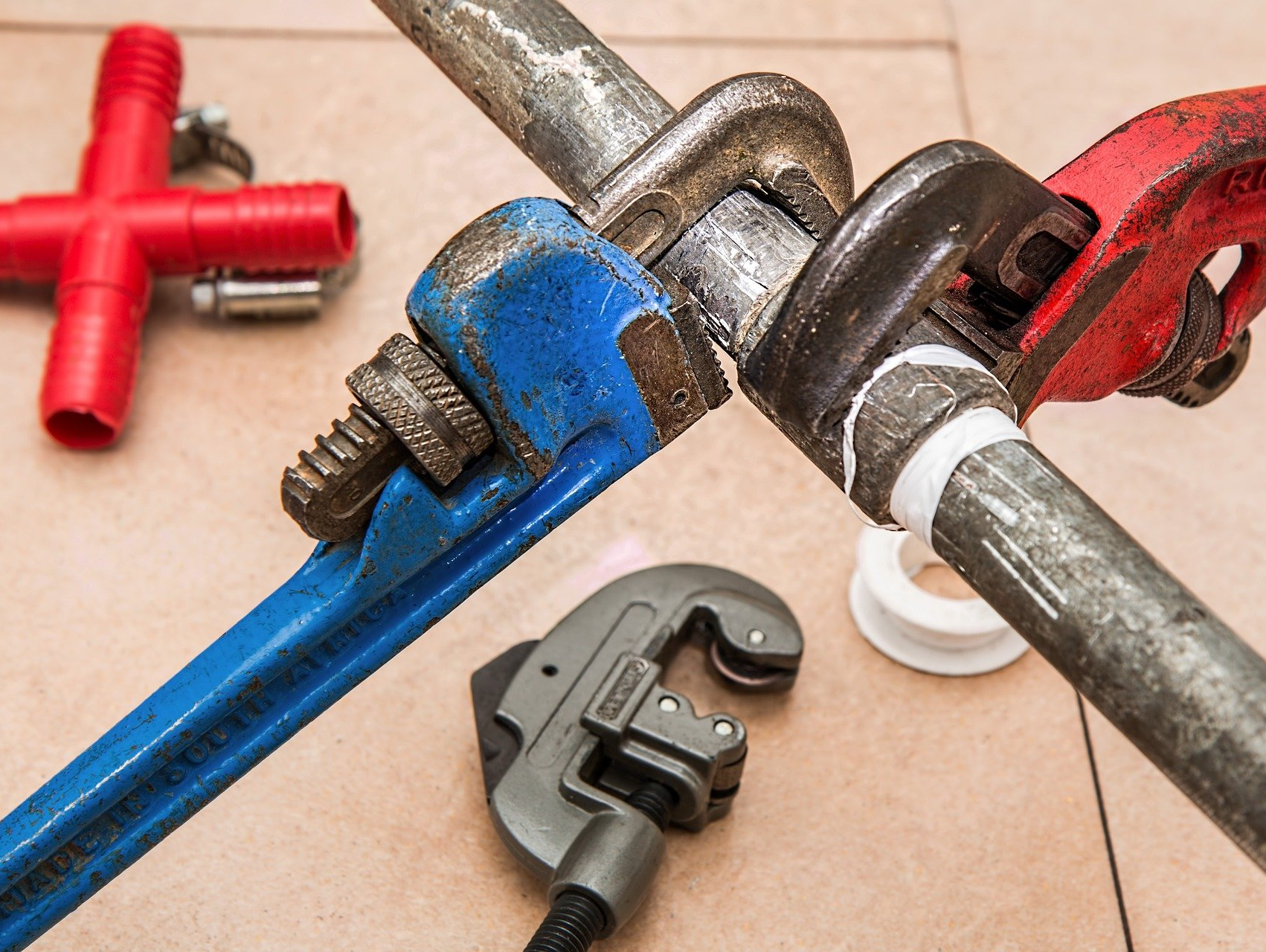
Ensure proper ventilation
If you have a gas-powered unit, make sure the area around your hot water system is well-ventilated before you open up any parts of it, as this could be dangerous due to carbon monoxide poisoning in some instances.
Replace the O-rings
Replace any O-rings on fittings and valves if they appear worn or damaged. O-rings are a common source of leakage in hot water systems, so it’s important to be vigilant in this step.
Examine the pressure relief valve
Check the pressure relief valve for any blockages or damage. This is another common cause of leaks in hot water systems, so make sure you check it regularly. If you notice any signs of leaking, we recommend letting a plumber take care of the repairs as it can be dangerous to change yourself.
Check the connections
Examine the connections between the system and its components to make sure they are tight and secure. If any of them appear loose, you can easily tighten them with a wrench.
If you don’t feel comfortable making repairs yourself, it is best to call a professional plumber for expert help. They will have the experience and know-how to safely repair any issues with your hot water system. They may also be able to provide advice on how to prevent future problems from occurring.
Should you repair or replace your hot water heater?
Ultimately, this is a decision that you and your plumber will need to make together. If the hot water heater system is relatively old, it may be more cost-effective to replace it rather than attempt repairs. In other cases, a few simple repairs may be enough to restore your system and keep it running for years to come.
No matter what you decide, the most important thing is to act quickly and efficiently to prevent further damage from occurring. A professional plumber will be able to provide the best advice and make sure your hot water system is up and running in no time.
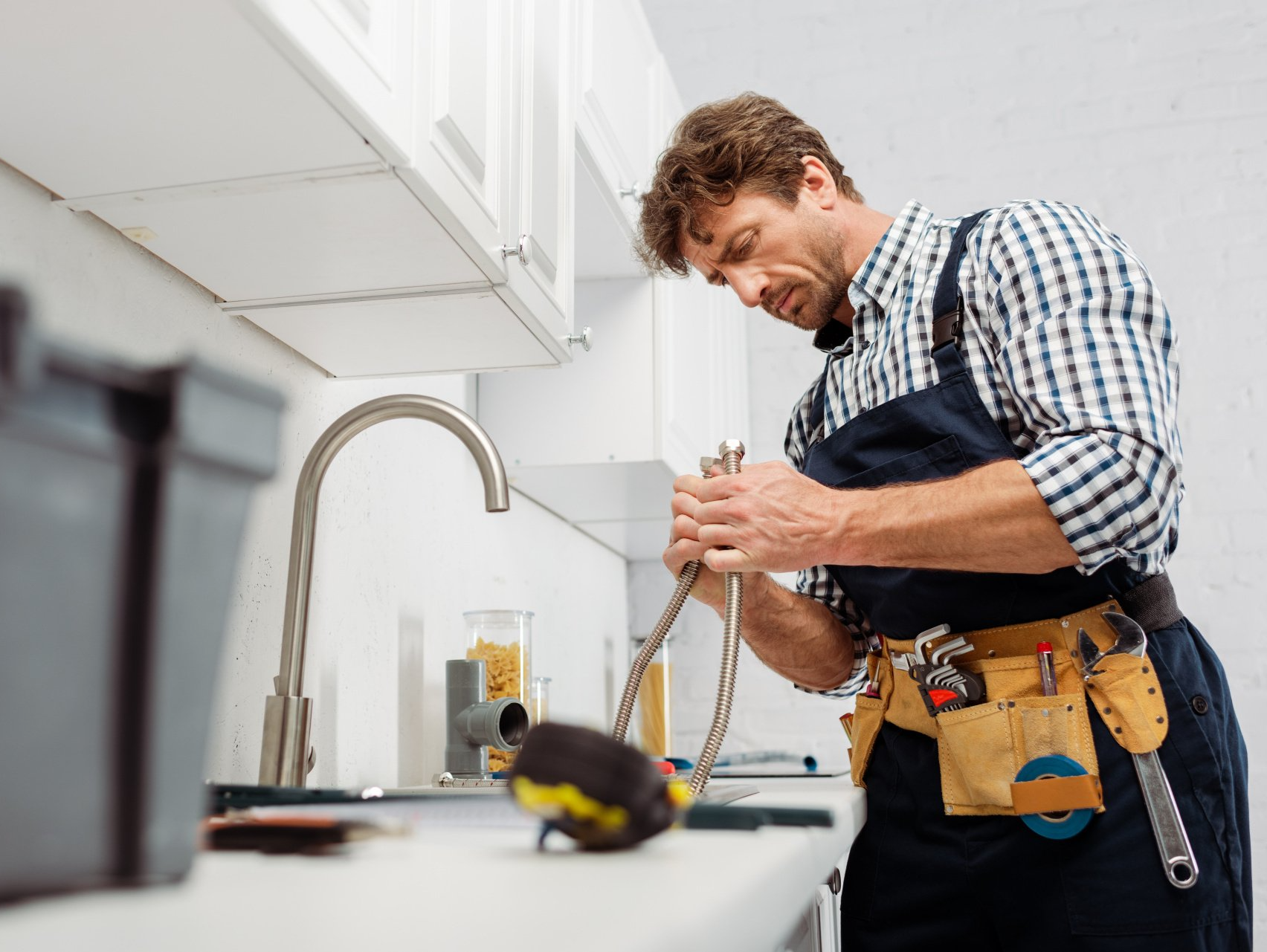
Contact a Hot Water Specialist Today
Now that you know more about how to deal with a hot water system leaking, it's important to remember that some of these types of repairs can be dangerous and should only be attempted by experienced professionals. One such example is the task of replacing a pressure relief valve.
If you are ever in doubt about the extent of damage or what steps need to be taken for proper repair, get in touch with Lexicon Plumbing. We will ensure that your hot water system is fixed correctly and in a timely manner, giving you peace of mind that your home is safe, comfortable, and abundant in hot water for those cold winter days.
Lexicon Plumbing & Gas Fitting provides plumbing services to households and businesses. We have plumbers in Bathurst, across the Blue Mountains, Greater Western Sydney, Hills District and South West Sydney.
Phone:
Head Office Address (Blue Mountains):
21 Falcon St, Hazelbrook NSW 2779
Maintenance Services
Renovations
Areas We Serve

Award Winning
Outstanding Service & Trade
© 2024 Lexicon Plumbing and Gas Fitting Pty Ltd


